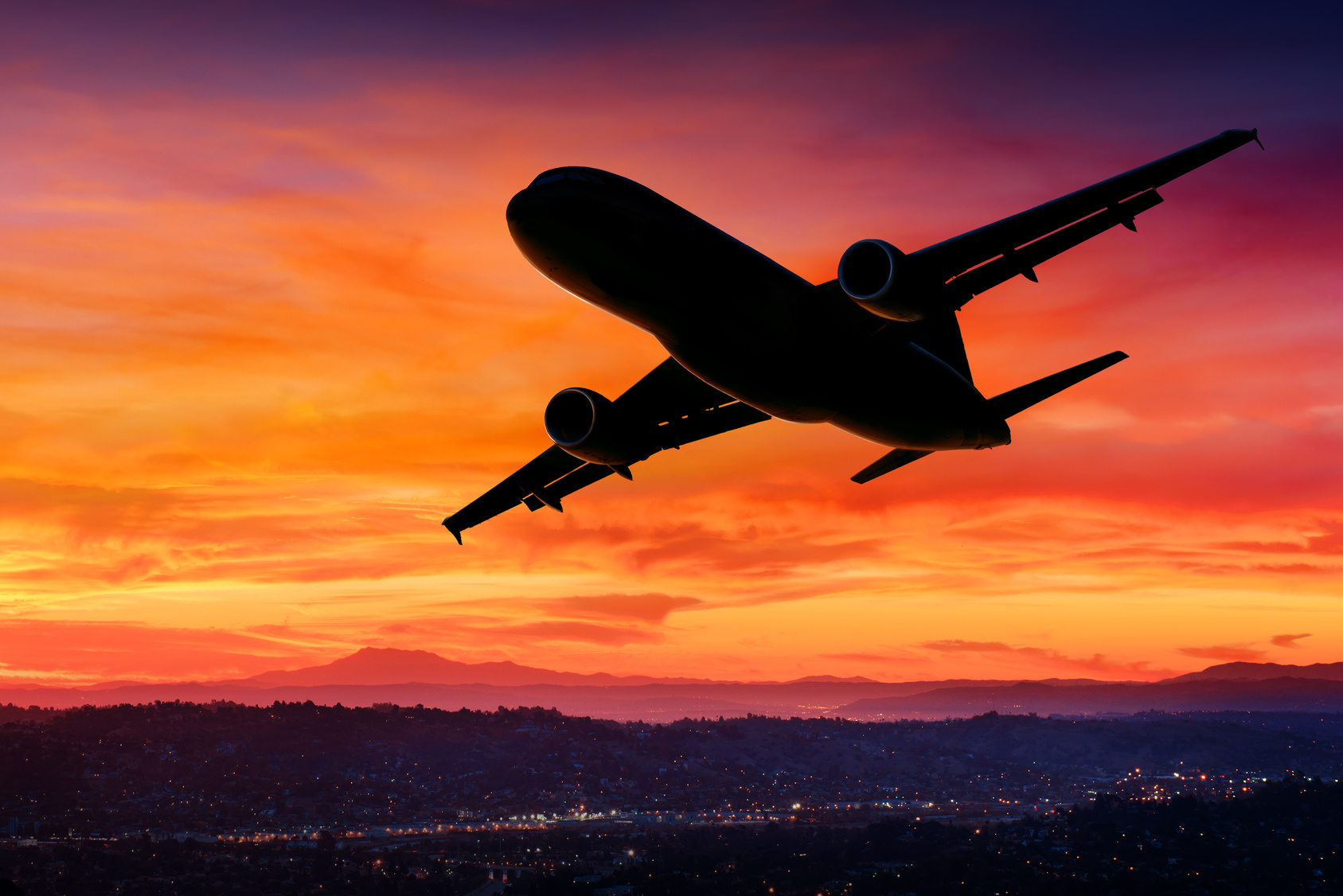Risk on the Road: Are Business Travelers Packing Fear in Their Briefcase?
Business travelers face a variety of risks – from the mundane to the catastrophic, from pickpockets to global terrorism. In today’s world it is important to be prepared no matter the destination. GBTA research shows nearly 85 percent of companies already have travel risk management programs in place and many of these include travel insurance and assistance services for business travelers. It is imperative that these plans are communicated to employees, so they are aware if an emergency does arise.
This morning, I will be sharing information from a new GBTA Foundation study on media outlets across the country exploring business traveler attitudes and perceptions about safety risks while traveling.
Read highlights from the new study below and click here to view a free preview of the research.
Risk on the Road: Safety and Security Concerns Lead to Traveler Behavior Change.
Business travelers view terrorism as the greatest safety risk they face on the road, according to a new study released today by the GBTA Foundation, the research and education arm of the Global Business Travel Association. Almost half (45 percent) rank it as their greatest concern when traveling for business, much higher than the share indicating street crime (15 percent), illness/disease outbreaks/sanitation (13 percent), property crime/theft (12 percent), kidnapping (8 percent) or natural disasters (6 percent).
We often talk about the resiliency of the business travel industry in the face of terror threats, economic uncertainty, political unrest and other factors. Keeping travelers safe on the road is a prime responsibility for travel professionals. Understanding the road warriors’ fears and anxieties about business travel as well as communicating the available risk protocols and assistance services, can go a long way in building an effective risk management program.
A decent share of respondents are wary about business travel in the emerging world as seven out of the 10 emerging market destinations measured “unsafe” or “not safe at all” by at least one-quarter of U.S.-based respondents. Business travelers generally feel developed cities in North America and Western Europe are safe for business travel as all of the mature markets tested are viewed as at least “somewhat safe” by more than eight in ten U.S.-based business travelers. However, at the same time, the share who only rate these same destinations as “somewhat safe” – rather than “safe” or “very safe” is relatively high, exceeding 20 percent for each destination. This could reflect the fairly common view in today’s world that any destination can be high-risk.
Survey respondents were asked to rate the safety of 16 specific destinations for business travel ranging from domestic to international and developed to developing.

Business travelers not only view terrorism as a safety threat they face on the road, but also agree it has an impact on the business travel industry more broadly and can change the frequency or ways in which people travel. When rating this impact on a 10-point scale, business travelers give terrorism an average rating of 7.6 with 60 percent rating it an eight or higher. This implies that terrorism is more impactful than disease outbreaks, corporate budget cuts or the effects of the global economy.

While one-third (37 percent) of business travelers feel safe when they travel regardless of destination, more than half (52 percent) feel safer when travelling domestically compared to internationally. Baby Boomers are most likely to feel safe when they travel both domestically and internationally.
In the past year, 30 percent of business travelers have traveled for work to a destination they or their organization consider to be high-risk. Millennials (37 percent) are more likely to have traveled to such a destination, compared to Gen-X travelers (27 percent) or Baby Boomers (25 percent).
When it comes to attitudes about high-risk travel, more than half (57 percent) of business travelers feel that nowadays any destination could be high-risk. Baby Boomers are least likely to hold this view. In addition, almost half (48 percent) of business travelers agree they would avoid traveling to certain high risk destinations even if it hurts their career, compared to 31 percent who disagree. Younger travelers are more likely to worry if they did not travel to high-risk destinations, it would reflect poorly on their career.
Methodology: The GBTA Foundation conducted an online survey of 798 U.S. business travelers in September of 2016 using an online panel of business travelers. Respondents qualified if they were employed full- or part-time; had traveled for business at least four times in the past year and had traveled to an international destination for business at least once in the past year. To supplement the survey findings, the GBTA Foundation also conducted four unstructured interviews with travel and security professionals.
